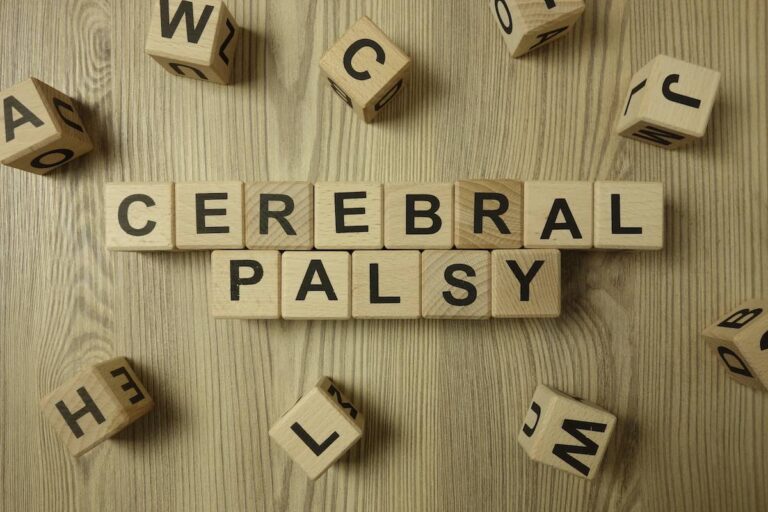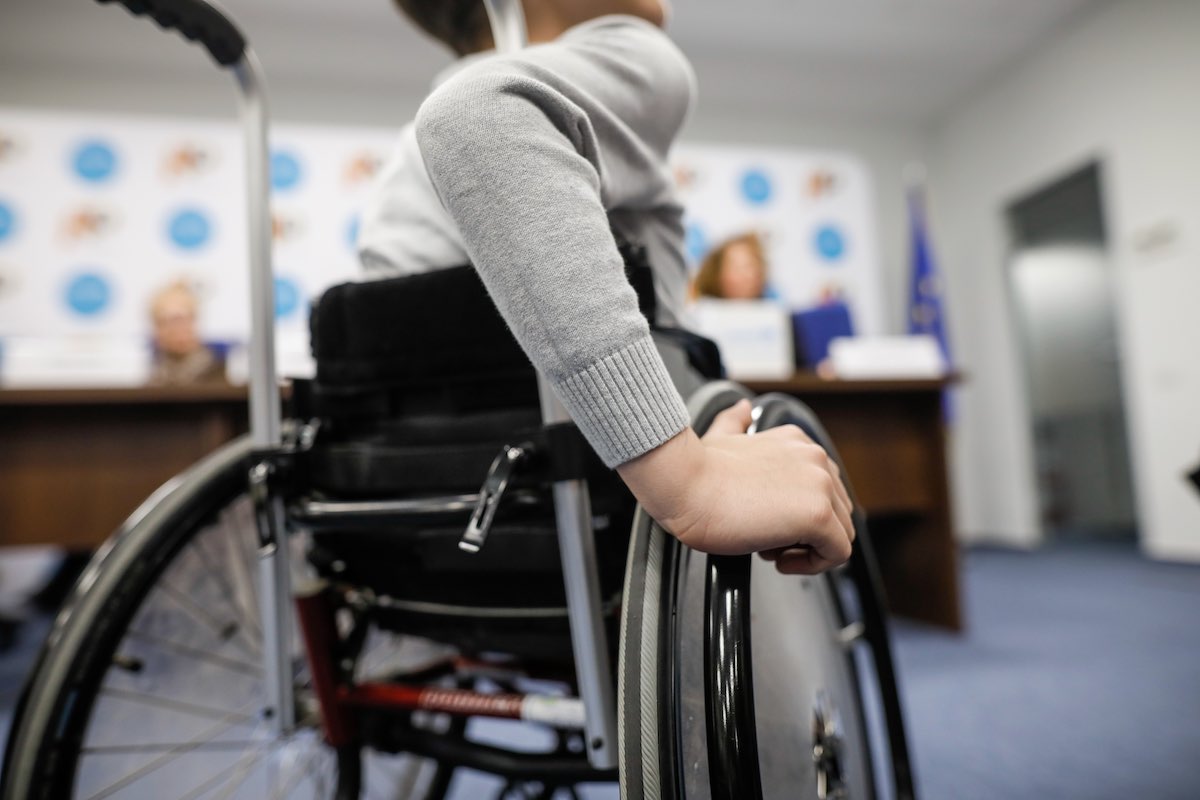
Call 24/7 for a FREE case evaluation
Call now (866) 393-4334

$100,000,000
in California case results
$20,000,000
in California jury verdicts
14
award-winning attorneys in network

With modern technology and nondiscrimination laws, more and more young people with cerebral palsy (CP) are pursuing higher education. Transitioning into adulthood can be a difficult time for anyone, but young adults with CP face unique challenges. Luckily, there are a number of cerebral palsy resources out there to help you succeed during this pivotal chapter of your life but sometimes figuring out when to see a doctor is helpful.
Because Cerebral Palsy is a diverse condition that affects people in vastly different ways, there is no one story for the CP college experience. This general guide runs down some of the basics to take care of as you apply for schools and prepare for the big move.
Since the Individuals with Disabilities Education Act (IDEA) — originally called the Education for All Handicapped Children Act — was passed in 1975, colleges that receive federal funding (all public universities and most larger private ones) are forbidden from discriminating against qualified students with disabilities. This often includes providing accommodations to students with CP. Additionally, while not always legally required to do so, many smaller private schools are also willing to accommodate students with injuries and disabilities. Whether you’re preparing for college or already attending, consider registering with your school’s disability service support office to find out more about your options.
The specific academic accommodations you may receive will depend on your particular needs. For example, some students with limited hand dexterity may be given extra time to complete exams because it takes them longer to write down their answers. If you had an Individualized Special Education Program (IEP) in high school, some of its recommendations may translate into the world of higher education.
Even if you don’t think you need them, you may be faced with new challenges for which accommodations are necessary. Instead of waiting for that to happen and scrambling to get the right paperwork together on short notice, be proactive. Starting the process as early as possible can save you some headaches down the road.
Keep in mind that finding reasonable accommodations might not be possible for academic programs with a strong physical component, such as certain health professions. Don’t let that stop you from trying, though! Work with your academic adviser or another mentor to help find the right path for you.
Most college classes are taught in decades-old buildings, many of which aren’t accessible for students who use mobility aids. Coordinate with student disability services to make sure your classes are held in buildings that are accessible. You may also choose to contact school officials about specific inaccessible buildings and discuss helpful changes that will benefit both you and other disabled students. While not all facilities are required to be accessible, many institutions are willing to modify existing buildings when asked.
Finding the right dorm for you can be another challenge. Many older residence halls are not accessible, while others have been modified to serve a more diverse student population. Depending on your individual needs, you may need to find a dorm (or convenient-to-campus apartment) with one or more of the following:
If possible, take a tour of available dorms before making your choice. This is also another instance in which your school’s disability office can help. The staff there will likely be able to point you toward residence halls that are the best fit for students with CP.
Additionally, some colleges are opening new dorms that have been built specifically for students with disabilities. A few of these are especially high tech, featuring amenities such as ceiling lifts and automated doors to help even the most severely affected students with disabilities live independently.
You may also need a personal assistant to help you with daily tasks that your parents took care of in the past. It may be necessary for your aide to live close by in case of emergencies.
Your college will likely have a host of student organizations for you to choose from, possibly including one or more clubs for students with disabilities. Larger universities may even have one especially for those with CP! Consider going to club meetings. There, you’ll have the opportunity to network with students who may face the same challenges as you and can offer helpful advice.
Likewise, you might also enjoy joining an organization that helps tutor children with special needs. Having grown up with CP, you can offer your students a unique type of support and encouragement.
Remember that having CP doesn’t mean you can’t participate in college athletics! Many schools host sports clubs specifically for students with physical impairments, with wheelchair basketball as a particularly popular choice on college campuses. If team sports aren’t your thing but you’re interested in keeping physically fit, find out if your college’s gym is accessible. However, be sure to talk to your doctor or physical therapist about which exercises are safe to do on your own.
Having CP can add expenses to the already hefty price of higher education. Consider applying to grants and scholarships for students with disabilities to help pay your way. Of those, some are specifically for students like you who live with CP.
If you need a personal assistant to help you navigate college life, you may also be able to get a waiver or financial assistance through government programs such as Medicaid. Funds for housing modifications and mobility aids may also be available to you.
We at the Cerebral Palsy Group know that figuring out all the ins and outs of college life is tough for students with CP. Additionally, if you’re currently attending college and your school is refusing to provide you with reasonable accommodations, contacting an attorney or local disability advocate may be appropriate. Whatever your situation, we may be able to connect you to both national and local resources dedicated to helping students like you achieve their goals.
WE’RE OPEN NOW
Our staff are standing by to help you find the perfect attorney for your case.
